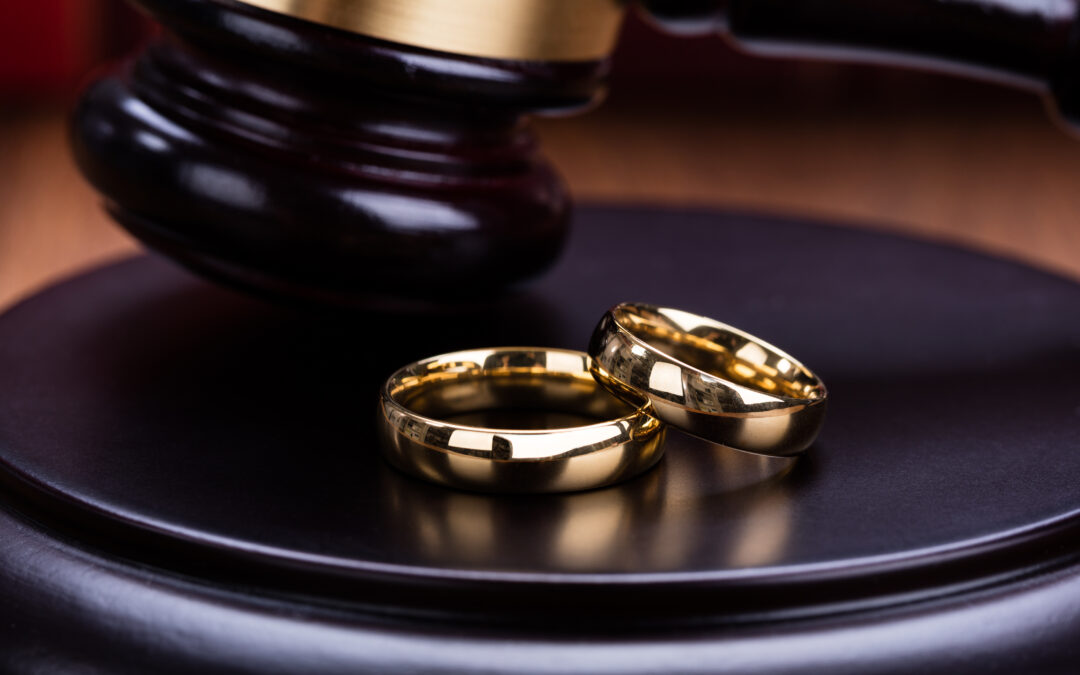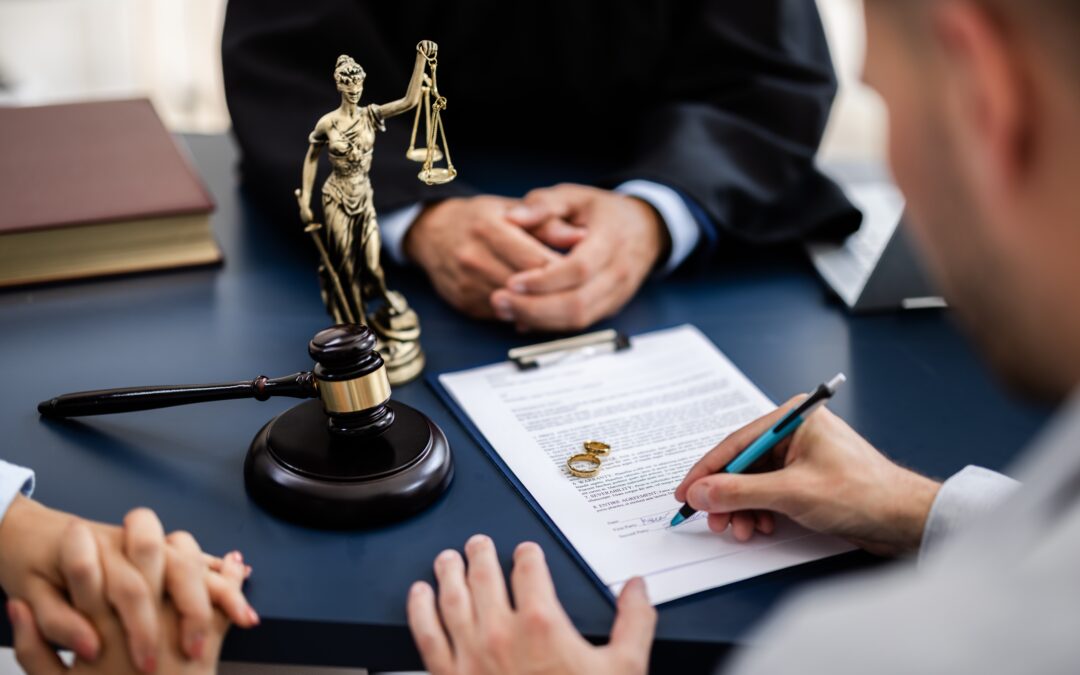It is not unusual for small business owners to mistakenly pay personal expenses with a business check or credit card or vice versa. Commingling business and personal accounts, however, is a bad practice not only for business and tax law reasons, but because it can also affect your divorce. Such commingling may subject business accounts to an equitable distribution analysis that may cause them to be split with your spouse.
A business, whether owned by one or both spouses, is the sum of many parts, meaning that bank accounts, furniture, equipment and employees are the exclusive property of the business entity. Thus, when any one of these parts is utilized for something outside of the business entity, questions arise as to the exclusive ownership of any of these aspects which, in turn, could cause the business valuation to be compromised. For example, the contents of a bank account are deemed 100% exclusive to the business and belong to no one else – including the spouse(s) owning the business. When a spouse uses a business bank account to pay personal expenses, they are compromising the boundary between business and personal expenses raising the question as to whether a business account is for the exclusive use and payment of business expenses. When found that such a boundary has not been respected by the business owner spouse(s), courts will also not respect this boundary and treat the bank account as a personal asset because that is how it was used.
Regardless of whether you are considering divorce, you should always maintain separate bank accounts and credit cards for your company and pay your personal expenses from personal accounts. Doing this will help you shield more of your business assets in the event of a divorce, among other benefits.
When a business is one of the assets to be divided in divorce, there are many issues such as this one that can arise. It is important to consult an experienced attorney who can represent your best interests and negotiate fair terms. Contact us for help with your matter.

